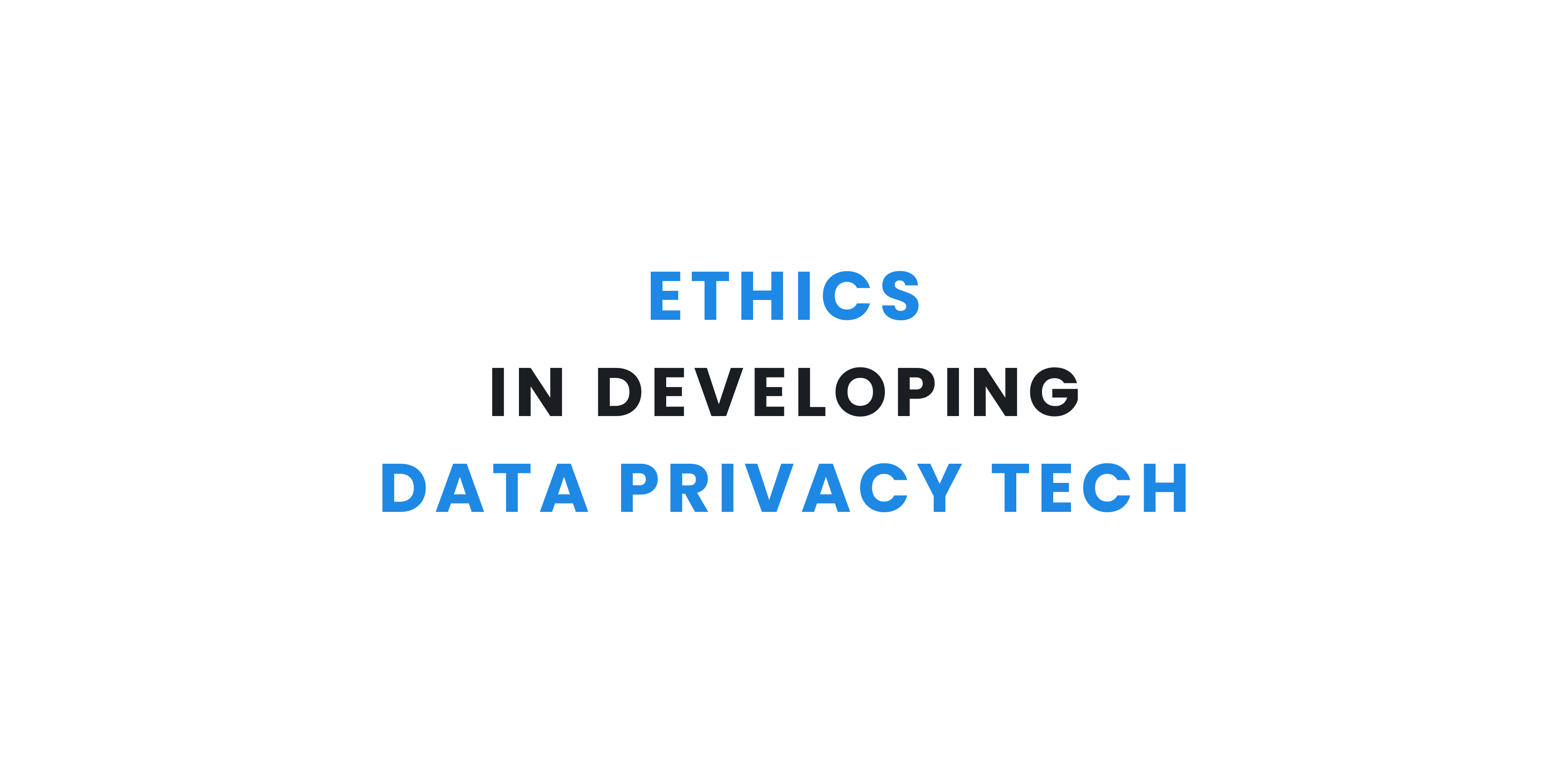
While foundational principles like user consent, data minimisation, and security are vital, the ethics of data privacy technology extends far beyond these basics. Here, we explore into more advanced ethical considerations that developers and organisations must navigate to ensure they are not just meeting baseline standards but setting new benchmarks for ethical innovation.
Key Summary
- Data privacy norms must be tailored to fit the specific context and sector.
- User consent should be obtained through intuitive and ethical design principles.
- Technologies must comply with local data privacy laws and consider data localisation.
- AI and machine learning algorithms should ensure transparency, fairness, and regular audits to prevent bias.
- Users should be empowered through improved data literacy and data privacy rights awareness.
Contextual Integrity
Data privacy isn’t one-size-fits-all; it varies significantly depending on the context. The principle of contextual integrity suggests that data privacy norms are context-dependent, meaning data practices should align with the expectations within a specific context. Developers must consider how data is used differently in various sectors (e.g., healthcare vs. social media) and design technologies that respect these contextual differences.
Informed Consent Through Design
While user consent is a given, the manner in which consent is obtained matters greatly. Ethical design principles, such as Privacy by Design (PbD) and User-Centred Design (UCD), ensure that data privacy features are integrated into the technology from the outset and that users are guided through the consent process in an intuitive, non-intrusive manner. This goes beyond legal compliance to genuinely empower users with understanding and control over their data.
Data Rights and Localisation
As data crosses borders, respecting data rights—where data is subject to the laws and governance structures of the country where it is collected—is crucial. Developers must navigate complex international regulations and ensure that their technologies comply with local data privacy laws. This might involve implementing data localisation practices, where data is stored and processed within the country of origin.
AI and Machine Learning
Artificial intelligence and machine learning algorithms often underpin data privacy technologies, yet they come with their own set of ethical challenges. Developers must ensure these algorithms are transparent, explainable, and free from bias. Implementing fairness-aware algorithms and regularly auditing AI models for discriminatory patterns can prevent ethical pitfalls and ensure equitable outcomes.
User Education
Empowering users goes beyond providing controls; it involves educating them about their privacy rights and how to use data privacy tools effectively. Ethical data privacy technology should include initiatives to improve digital literacy, helping users understand the implications of data sharing and the mechanisms available to protect their data privacy.
Ethical Impact Assessments
Before deploying new data privacy technologies, conducting ethical impact assessments can identify potential risks and unintended consequences. These assessments should consider not only technical aspects but also social, cultural, and economic impacts, ensuring a holistic approach to ethical development.
Stakeholder Involvement
Ethical data privacy technology development benefits from the involvement of diverse stakeholders, including ethicists, sociologists, legal experts, and the communities affected by the technology. Multidisciplinary collaboration ensures that a wide range of perspectives are considered, leading to more comprehensive and ethically sound solutions.
Conclusion
As data privacy technology evolves, so too must our ethical frameworks. By addressing advanced considerations like contextual integrity, AI ethics, anonymisation challenges, and sustainability, developers can push the boundaries of what it means to build ethical technology.
In embracing these advanced ethical principles, we pave the way for innovations that are not only groundbreaking but also deeply respectful of the fundamental data privacy rights and values of individuals.
